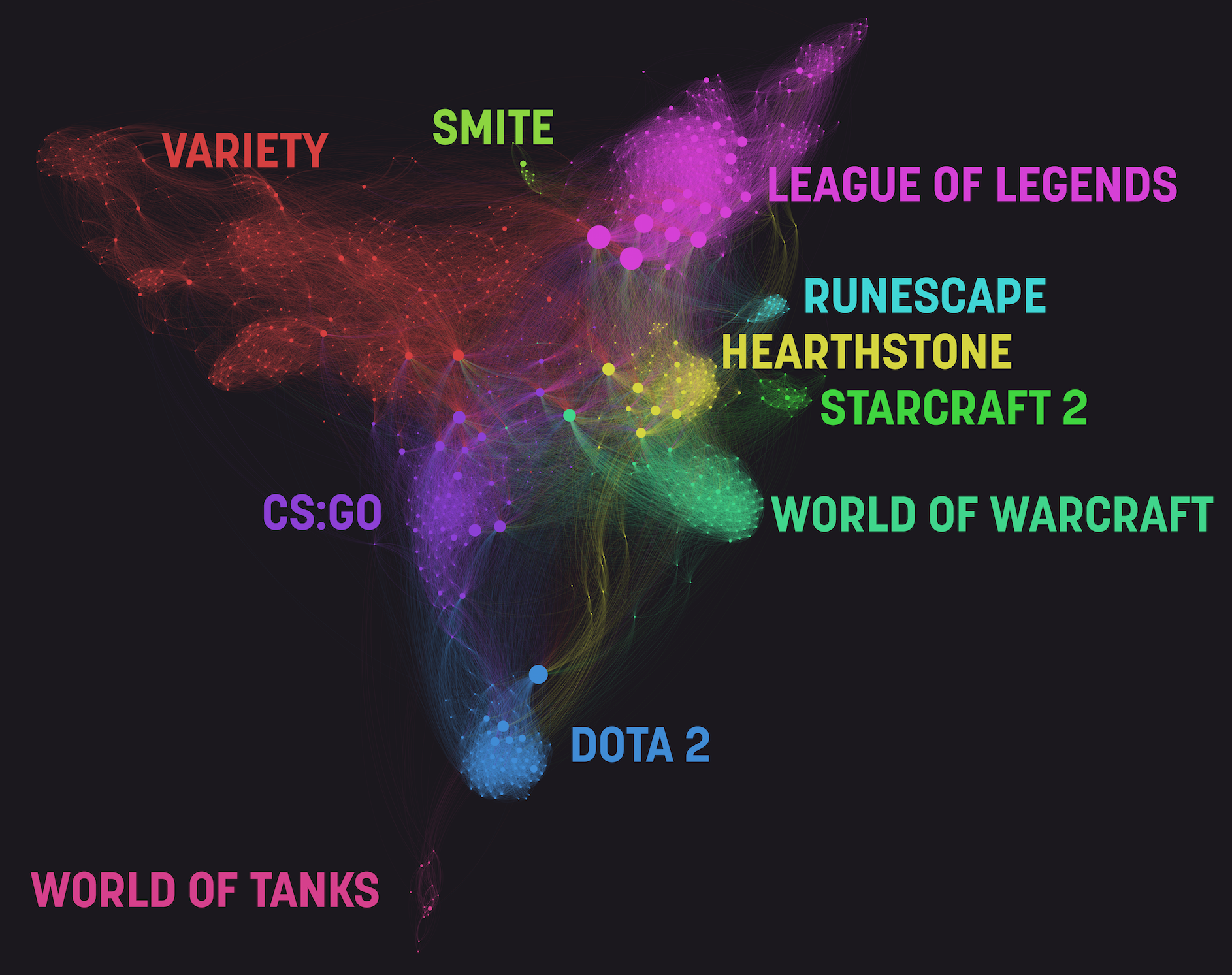Click here for all of GamesBeat’s coverage of the 2015 DICE Summit.
Wargaming has found itself operating one of the most popular e-sports games in the world, and that was sort of an accident.
The World of Tanks publisher had no idea that its game would turn into such an attraction for competitive players, the company’s global director of e-sports Mohammed Fadl admitted during a panel at the DICE developer summit in Las Vegas today. World of Tanks debuted in 2009 in an early version with just six vehicles and one map, and the company intended to slowly grow it out under the free-to-play business model. Fadl admits that e-sports hadn’t entered into Wargaming’s thinking until they started seeing grassroots leagues pop up among dedicated fans. That’s when the studio decided to officially embrace the idea of e-sports.
“We realized we had to make our game an e-sports game, and that was quite a challenge,” said Fadl.
The company went to work figuring out how to build a league into World of Tank’s ecosystem. That required the studio to invest in new content, but it figured out a way to make the new focus on e-sports work for casual players as well.
“We said that if we make an investment to build a league, we could invest in content for the rest of the audience as well,” said Fadl.
In 2012, World of Tanks made its e-sports debut at the World Cyber Games. From that point forward, Wargaming began to notice the huge effect that the top players in the world had on the rest of the community. The studio noticed player behavior changed on a macro-level depending on what the best teams were doing. People started using different tanks. They started employing different tactics. Players started investing in different upgrade tiers.
World of Tanks was forever changed, and Wargaming knew it was the future of its slow-moving free-to-play shooter.
But Fadl said his team had just one problem.
“We had no idea what we were doing,” he told the DICE audience. “We had big teams and a very strong community, and we didn’t want to split them up. So we started with teams of 7-versus-7.”
Fadl, shaking his head, explained that was one of the company’s early mistakes. These large teams led to impossibly long games with 12-round matches that all ended in draws.
“We realized we had to make changes,” said Fadl. “So we went back to step one, and it was another hard step after a year of building up a system.”
Wargaming asked the community how to make the game better. After six months of testing globally with a bunch of different teams, the studio developed an entirely new set of rules. These created a faster, more competitive game for the 7-on-7 mode as well as the new 3-on-3 and 1-on-1.
After getting the rule book finished, the company started shifting its focus to making World of Tanks an easier thing to watch.
“You have to have a basic interface so that the people at home can understand what is happening,” said Fadl. “For example, my wife said that she understood that she was watching tanks, but she couldn’t follow the match. It was useful for me to realize that we need to get this person to understand what they were looking at for the game to work as a competitive event on Twitch.”
Now, World of Tanks is one of a handful of games that dominates the Twitch platform, and that’s thanks to its e-sports community.
Going forward, Wargaming admits that it realizes it might not always have the best idea on how to grow World of Tanks as an e-sport. Fadl mentioned that his team is aware that they can’t control thing that has a momentum of its own, and he wants to take a step back to avoid potentially suffocating something that may not need its help.
VentureBeat's mission is to be a digital town square for technical decision-makers to gain knowledge about transformative enterprise technology and transact. Learn More


